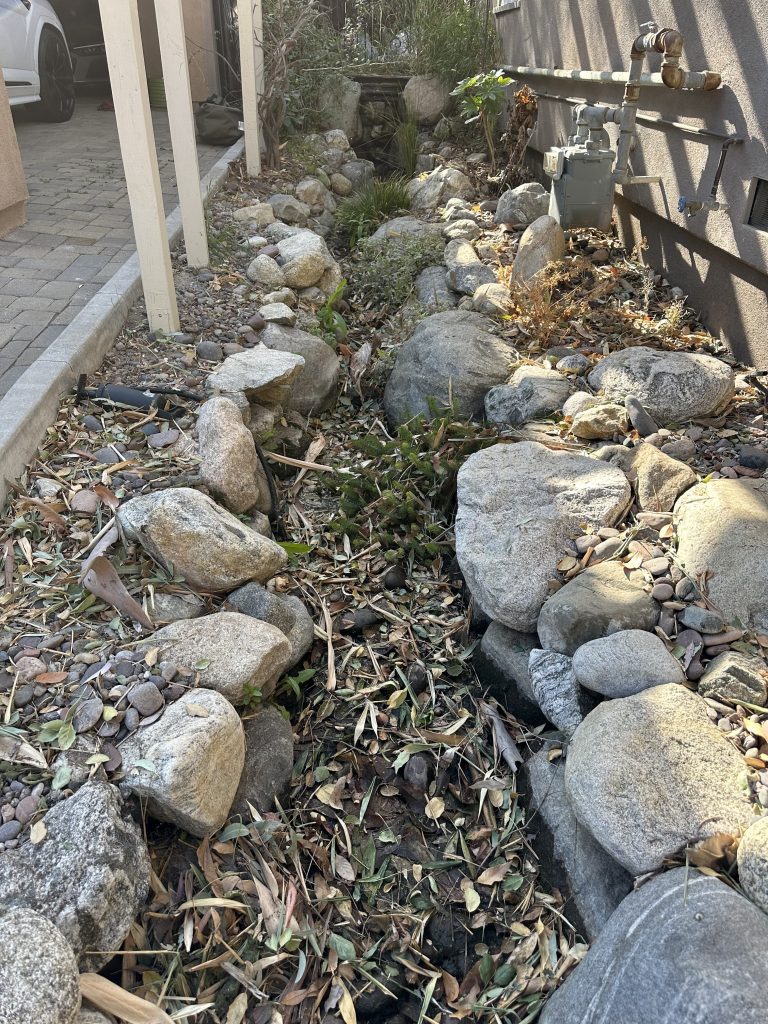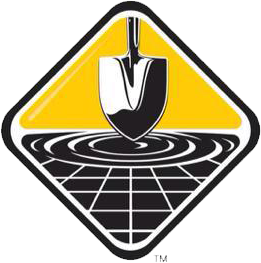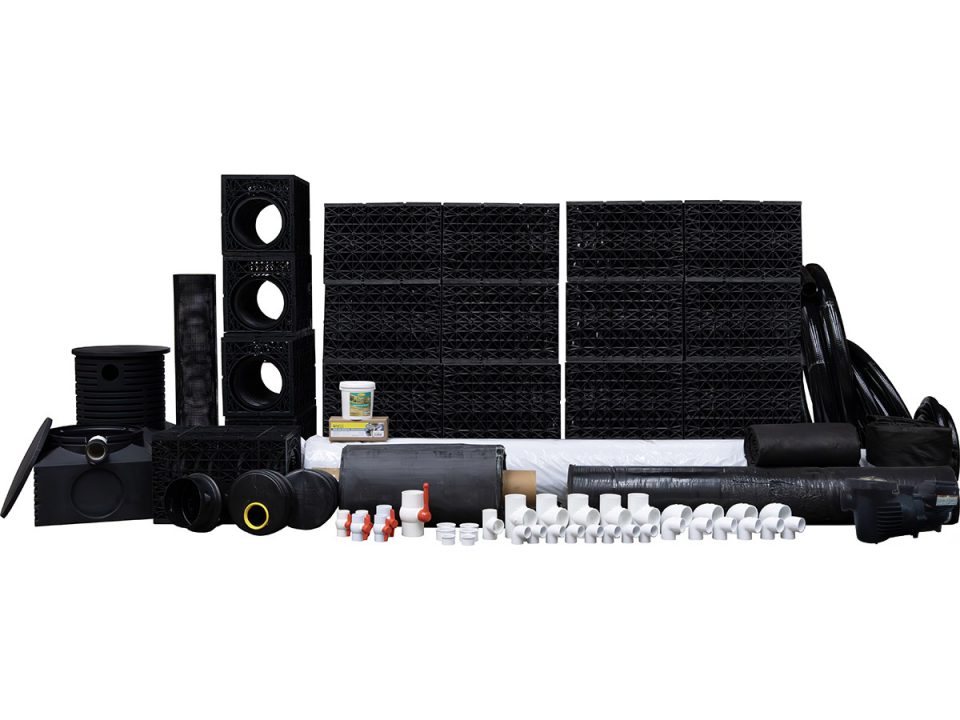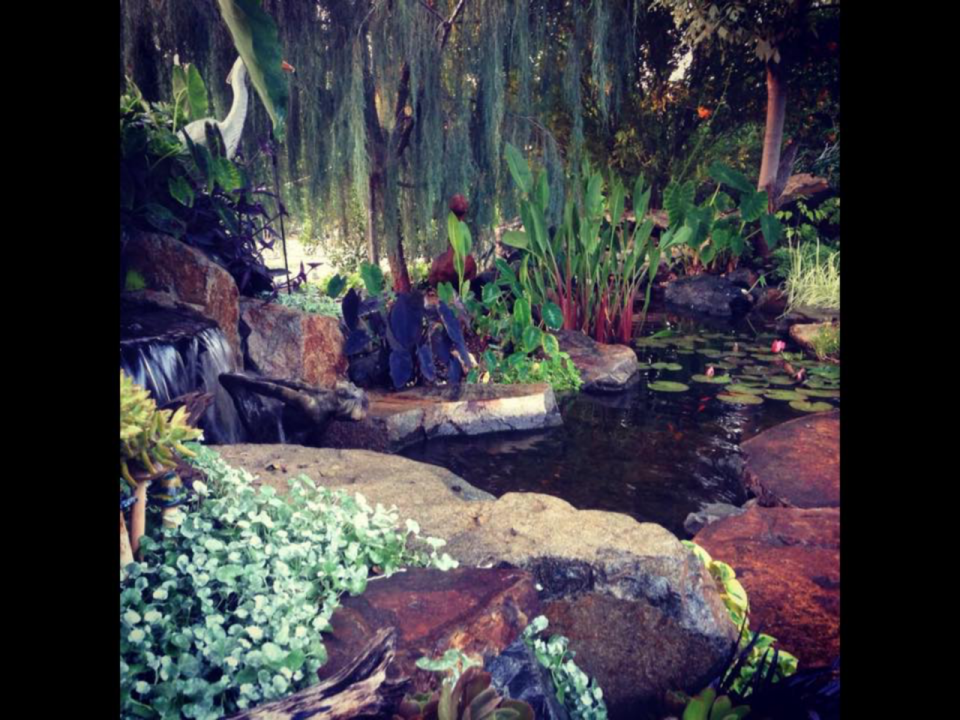Deadly Winds: Protect Your Fish Before It’s Too Late

Keeping Your Pond Safe During California’s Fire Season: Practical Tips and Advice
July 18, 2024
Avoid These 3 Common Pond-Building Regrets
January 30, 2025Everyone knows that high winds can be brutal, breaking branches, blowing trash cans down the street, blowing down entire trees, knocking big rigs over on the freeway, knocking down power poles, and even starting fires. What you may not realize is how much the wind can affect your pond.
Covering your pond can really help in these situations. Make sure the cover is at least a few inches off of the surface of the water so oxygen can still get into the water. Laying it flat on the surface means the surface tension of the pond will keep oxygen out, even if you have an aerator or waterfall running.

Winds can carry a number of contaminants including dust, dirt, sand, leaves, branches, and all sorts of trash from around the neighborhood. All of this debris can contain components that can hurt or even kill your fish. Poisons, paints, and other toxins can end up in your pond carried on or in these contaminants.
Unfortunately, there is no quick and easy way to test and see if that bottle of weed killer that ended up in your pond still had liquid in it. Water changes are the only answer. If it is winter, and your tap water is more than 10 degrees different from your pond water, you risk the lives of your fish from temperature shock, so do water changes with caution. Covering the pond ahead of time can help prevent the need for the water change.
Also, a layer of debris can build up on the surface of your pond during these windstorms so thick, that oxygen exchange can’t occur, and your fish can suffocate underneath the water. Be sure to check the pond regularly, and net as much debris off the surface as you can. Too much debris in the main body of water can also make it difficult for the fish breath, clogging their gills, and even causing surface abrasions that can become infected due to the dirty water.
Even worse, if the winds are dumping ash into your pond from nearby fires, your fish are in extreme danger. Ash from fires will change the pH of your water. Enough ash in the pond will cause a dramatic pH change, resulting the immediate death of your fish. Take the effort to cover your pond if this is a possibility.
We hope you and your animals stay safe during any extreme weather conditions and we we hope this helps you!





